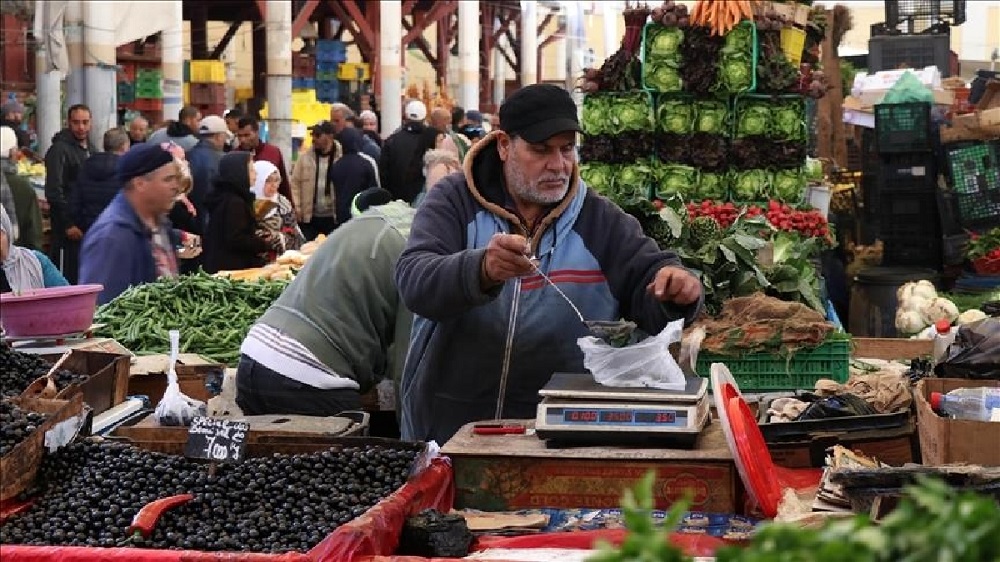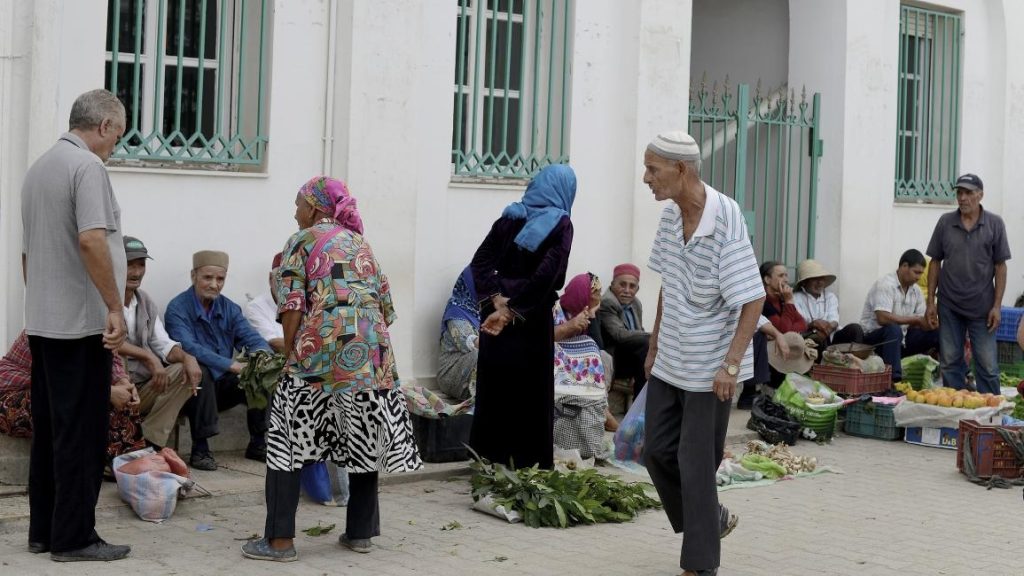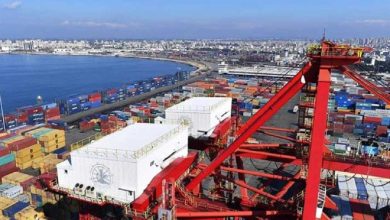Tunisia’s High Tax Burden: Employees Struggle with Rising Pressures Amid Limited Public Services
As Tunisia leads Africa in tax burden rates, citizens question the disparity between heavy taxation and the lack of quality public services, calling for economic reforms and tax justice.

Watan-Mohamed Al-Baji, an employee in the financial sector in Tunisia, pays 2,155 dinars ($695) monthly from his salary in income tax and social security contributions, which amounts to 36% of his net salary of 5,984 dinars.
Al-Baji, 48, says he belongs to one of the highest-earning sectors in Tunisia, with a monthly salary twice that of the average public sector employee. Despite this, he feels burdened by the increasingly heavy taxes. He shows a copy of his monthly paycheck, which includes a deduction of 1,407 dinars ($453) solely for income tax.
However, he emphasizes that he does not see any public services in return for the taxes he pays. He covers the costs of his children’s private school education and relies on private healthcare for medical needs. He also does not benefit from public transportation services. “I spend the rest of my salary on basic living expenses and can no longer save or invest,” he adds.
Al-Baji strongly criticizes the mismatch between the high tax burden on employees in Tunisia and the lack of public services provided to taxpayers, unlike in most countries with high tax rates.
A report by the Organization for Economic Co-operation and Development (OECD), released in late 2024 under the title “Revenue Statistics in Africa,” revealed that Tunisia ranked first in Africa in tax burden, at 33.5% of GDP in 2022, compared to an average of 16% for the entire continent and 34% in wealthy countries.

The tax burden in Tunisia rose from 32.5% in 2021 to 33.5% in 2022, marking the highest rate for Tunisia in Africa. The report also indicated that over the past decade, Tunisia and Senegal recorded the highest tax burdens in Africa, with an increase of 18.7%, compared to an average of 7.4% for the continent and 4.2% in wealthy OECD countries. According to the OECD, individuals contribute 71.1% of income taxes, while companies contribute only 35.4%.
The high tax burden has caused concern among Tunisian employees and workers, despite government efforts to adjust income tax brackets to alleviate the burden on middle- and low-income earners while increasing taxes on those with annual incomes exceeding 70,000 dinars.
At the start of the new year, Tunisia implemented a progressive tax system aimed at achieving broader social justice, as justified in the budget law. However, this tax system faced significant criticism from many sectors, which called for finding alternative sources of revenue for the treasury by addressing the informal economy and tax evasion.
Tax expert Anis Al-Wahabi explains that one reason for Tunisia’s high tax ranking in Africa is the country’s low GDP, which does not exceed 180 billion dinars ($58 billion), of which 43 billion dinars come from taxes.
Al-Wahabi told that Tunisia relies on tax revenues for 90.4% of its treasury funding due to the decline in non-tax revenue sectors, most notably phosphate production. This explains the government’s choice to increase taxes on individuals and businesses.
He added that Tunisians, especially employees, feel the burden of high taxes because they lack access to quality public services, forcing them to bear additional expenses despite the state’s continued spending on health, transportation, education, and support for about 240,000 poor families. According to the tax expert, only 25% of tax deductions go to the state treasury, while 8% are allocated to social security funds.
The OECD report confirms that Tunisia has the highest tax revenue percentage in Africa under social security contributions, at 25.7%, compared to a continental average of 7.4% and 24.8% in wealthy OECD countries.
Al-Wahabi believes that increasing GDP and growth rates are the only ways to alleviate the tax burden on Tunisians. However, Tunisia suffers from weak growth, averaging no more than 2% annually at best, with similar rates expected through 2026.

The World Bank, in its recent report titled “Growth in the Middle East and North Africa,” projected Tunisia’s economic growth to reach 2.2% by the end of the current year and 2.3% by 2026, supported by better external financing prospects. Economists argue that solutions should not further burden taxpayers already meeting their obligations, warning that increasing the tax burden on employees and organized professionals will strain them further while informal activities that evade taxes continue to expand.
Al-Wahabi stressed that the government must avoid tax decisions that impose additional burdens on compliant taxpayers, asserting that achieving tax justice requires broadening the taxpayer base. He pointed out that the informal economy is expanding significantly, benefiting from tax evasion.






